Alberto Fujimori, who has died aged 86, is an emblematic figure in Peruvian history: his decade-long government was marked by corruption and the fight against guerrillas and terrorism.
His administration was applauded for having recovered Peru's lost economy, but his crimes – of which there are dozens – overshadowed his achievements.
“Looking at the long term, he seems to be one of the most influential presidents of the 20th century. Not one of the best but one of those who left the biggest mark,” said writer Luis Jochamowitz, author of Ciudadano Fujimori (“Citizen Fujimori”), an unauthorised biography.
During his government, the son of immigrants applied an ultra-liberal adjustment plan with an iron fist that liquidated hyperinflation and resuscitated a moribund economy. He defeated extreme left-wing Shining Path terrorism with dirty tactics and moulded the political and legal system to his liking after an “autogolpe” self-coup in 1992.
“Unlike other successful politicians, Fujimori has something to show: the resolution of problems that had to do with terrorism and the economy,” said sociologist and political analyst Carlos Meléndez. “But one of Fujimori's mistakes was to believe that the end justifies the means and [the foregoing of] ethical principles, giving way to human rights violations and abuse of power.”













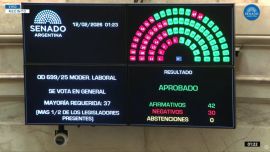
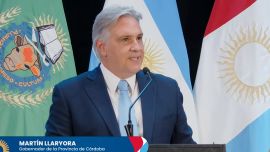
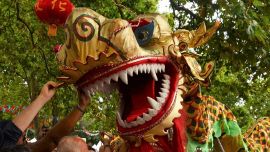
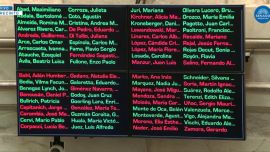
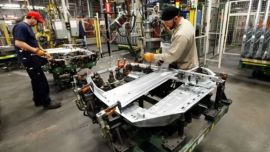
Comments